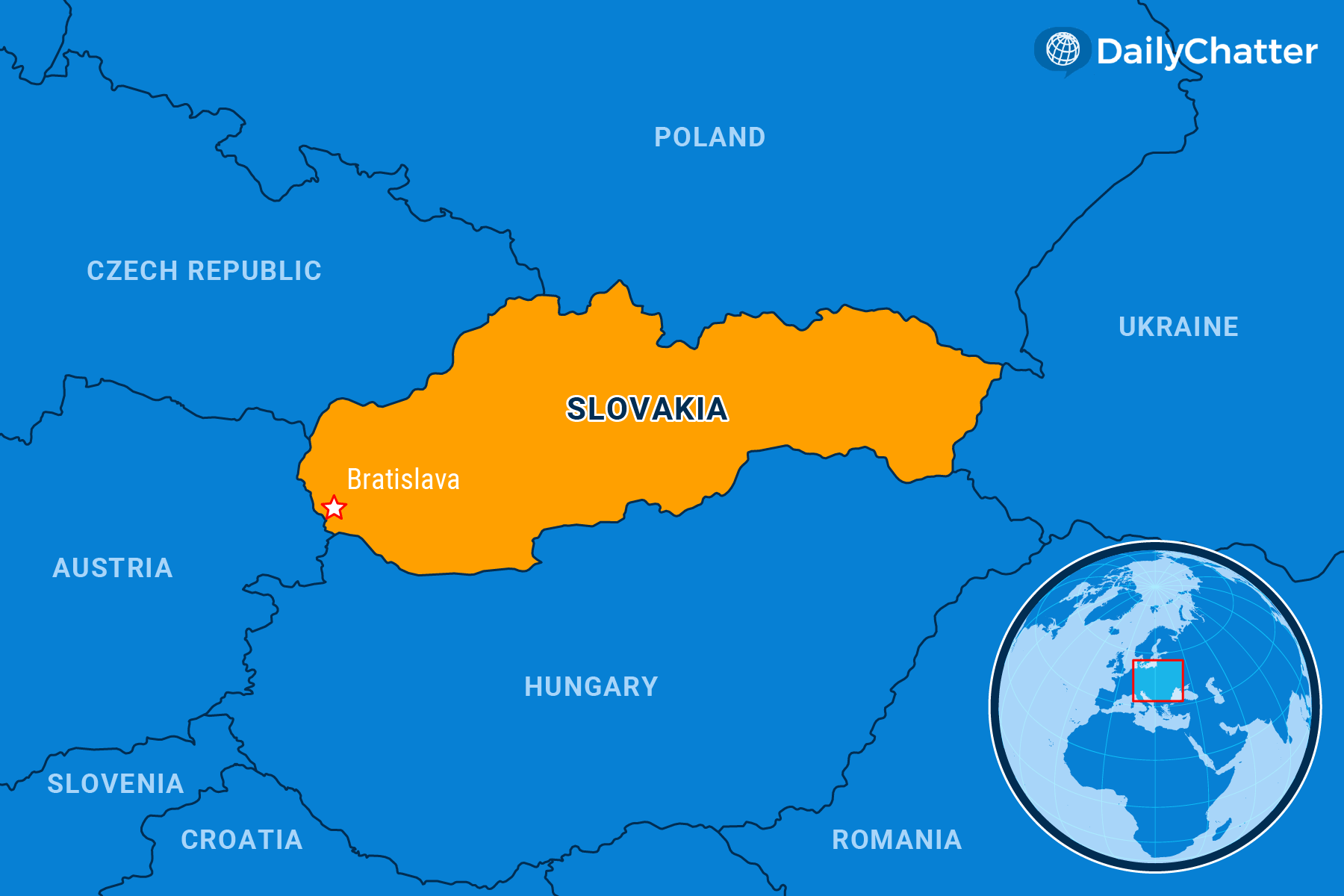Need to Know
January 19, 2023A Reformer’s Fumble
Slovakia

|
Listen to Today's Edition
|
Thirty years ago, the former communist country of Czechoslovakia split in two. The event was called the “Velvet Divorce” because it was an amicable divorce between two nations whose association dated back to the fall of the Austro-Hungarian Empire in 1918, as the BBC recounted. Negotiations to create two new countries – the Czech and Slovak Republics – took only six days. The two remain close today, Deutsche Welle reported.
The Russian invasion of neighboring Ukraine made the 30th anniversary especially poignant. Russian President Vladimir Putin, wrote Euronews, has argued that Ukraine is not a legitimate country. The Ukrainians, meanwhile, sought to replicate the friendly neighbors’ policy that the Czech Republic and Slovakia have achieved. Other separatist disputes between Kosovo and Serbia, Scotland and the United Kingdom, and Catalonia and Spain demonstrate how many countries face serious questions about their political constitutions.
Both successor states to Czechoslovakia faced substantial challenges in the post-Cold War period. Today, however, Slovakia is experiencing significant political chaos and challenges.
Last year, Prime Minister Eduard Heger and his ruling Ordinary People and Independent Personalities political party (OLaNO) lost a no-confidence vote after less than three years in power, explained the Slovak Spectator, a local English-language newspaper. OLaNO had won a majority in the Slovak parliament on an anti-corruption platform after the murder of journalist Jan Kuciak and his fiancée, an incident that caused widespread calls for change in Slovakian politics because of the links between the suspects and high-level officials in the country, Al Jazeera noted.
But it was a quick fall from grace, as EU Reporter explained, noting how Slovaks have “lost patience with their hamstrung government, whose infighting has made it seemingly unable to resolve acute issues,” and become “a never-ending TV show that nobody no longer wants to watch.”
OLaNO lost the no-confidence vote because its anti-corruption policies have raised suspicions of political witch hunts, witness coercion and other unsavory practices. The public had especially lost faith in party leader and former Prime Minister Igor Matovič, whom Heger replaced last year after Matovič’s public support tanked, added Politico, describing Matovič’s political style as a mix of “populism and abrasive independence.”
In the case of the one crime the OLaNO government wanted to see prosecuted, the opposite has happened. Slovakian authorities dropped criminal charges against Robert Fico, a former prime minister from the opposition Direction – Slovak Social Democracy party (SMER), saying the charges lacked sufficient evidence and thus were “unclear and unjustified on all points,” EU Reporter wrote.
As the Friedrich Naumann Foundation noted, Richard Sulík, the leader of the libertarian Freedom and Solidarity Party, pulled out of the coalition with OLaNO precisely because he couldn’t work with Matovič. His decision to undermine OLaNO might allow Fico to win sufficient seats to become prime minister again. The Atlantic Council warned that Fico would cut aid to Ukraine and approach the government in the “illiberal” manner that pro-Russian Prime Minister Viktor Orbán pursues in Hungary.
Still, some say Slovakia offers an illustrative lesson: Reformers must be nimble and responsive to their voters if they want to truly reform anything.
Not already a subscriber?
If you would like to receive DailyChatter directly to your inbox each morning, subscribe below with a free two-week trial.
Support journalism that’s independent, non-partisan, and fair.
If you are a student or faculty with a valid school email, you can sign up for a FREE student subscription or faculty subscription.
Questions? Write to us at hello@dailychatter.com.

